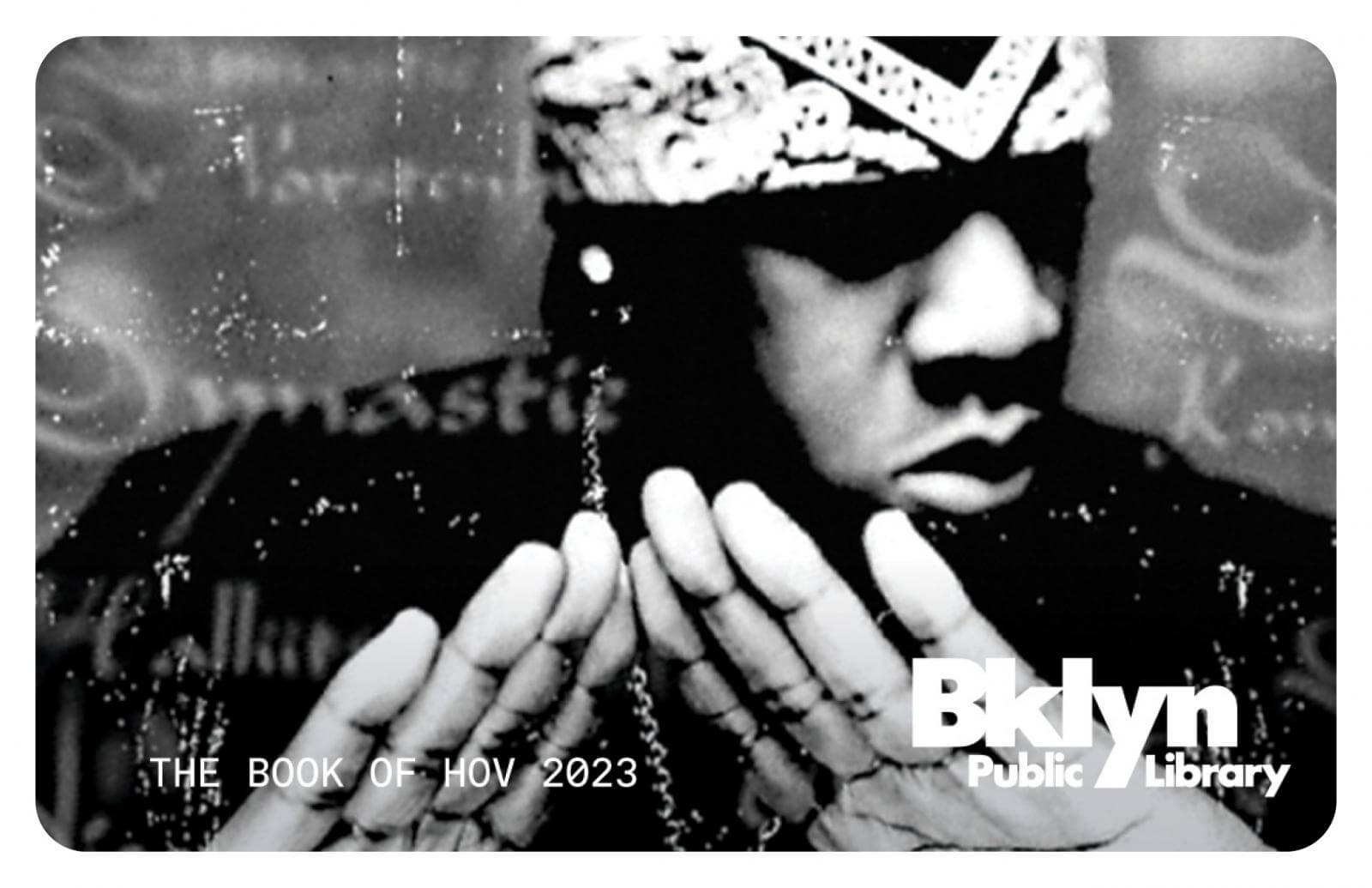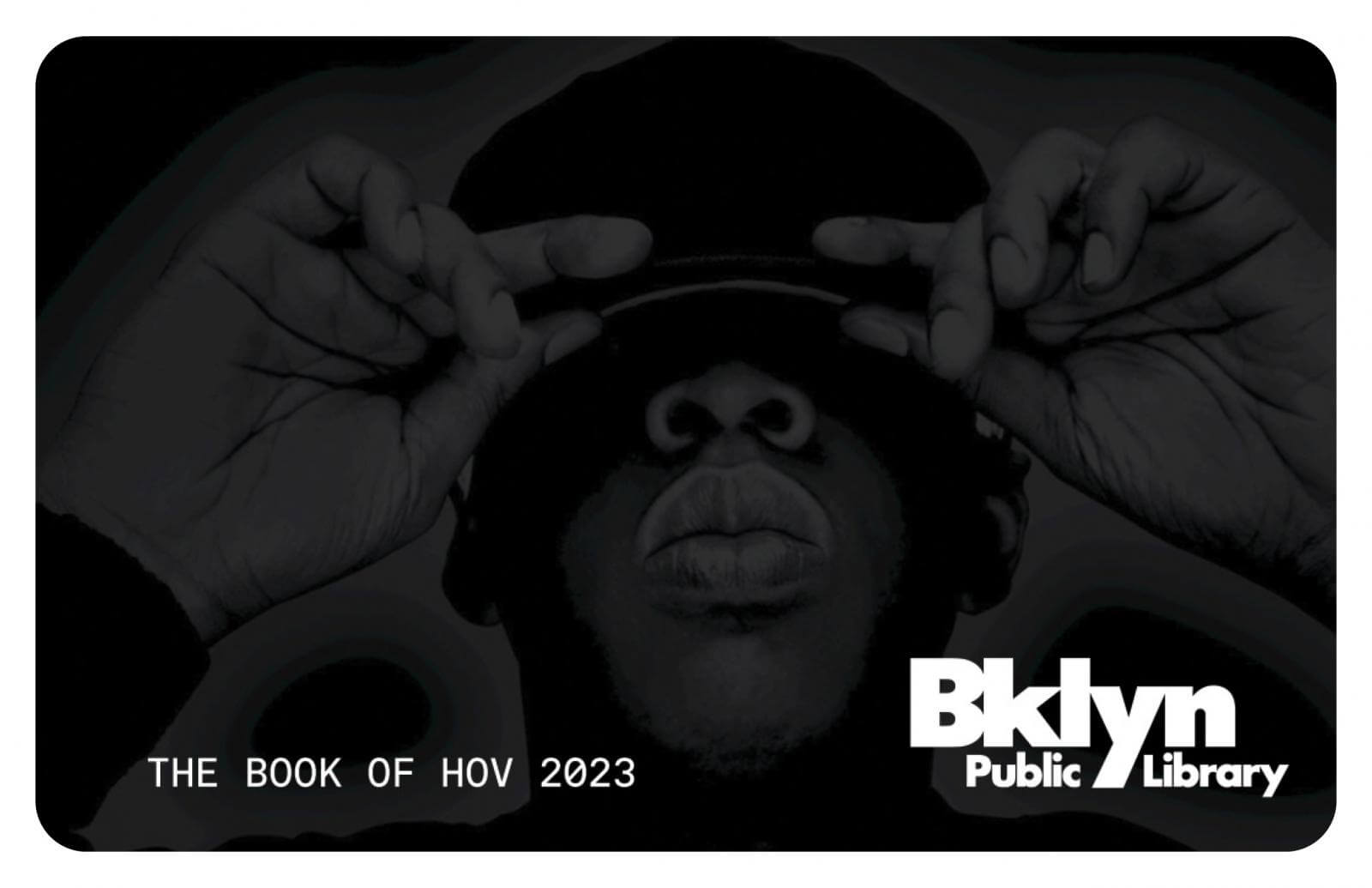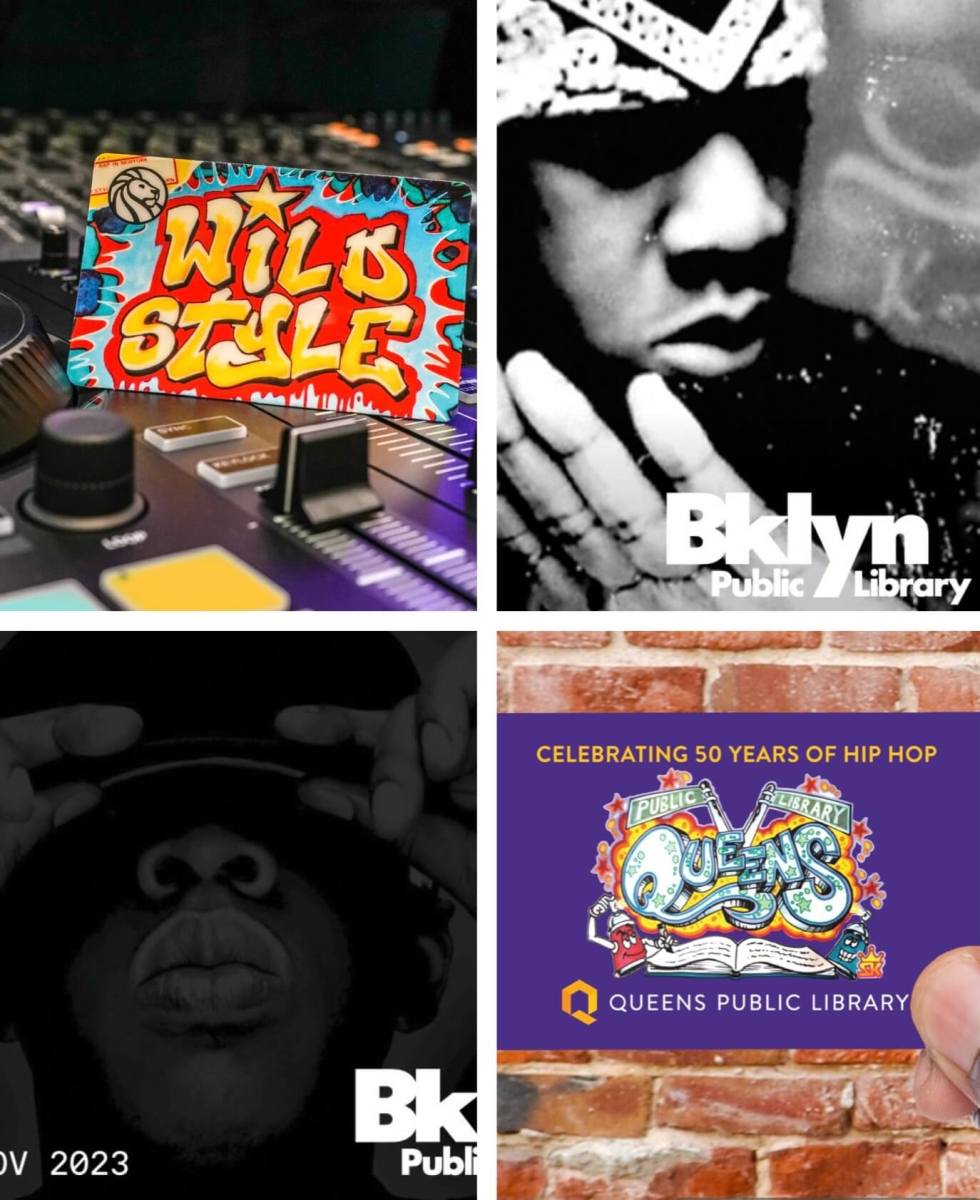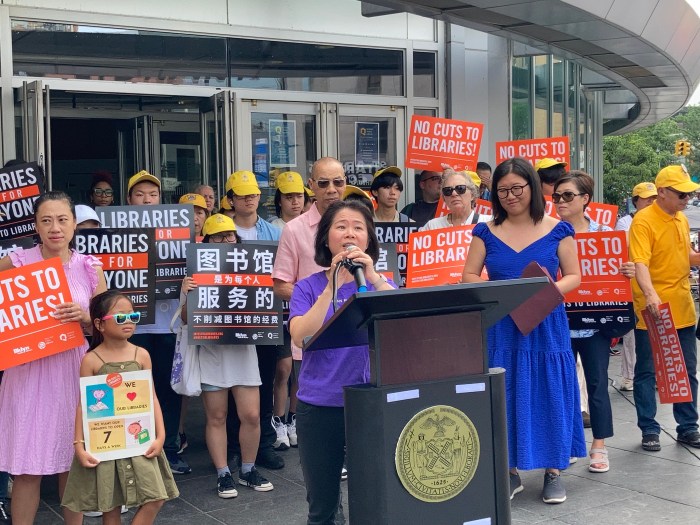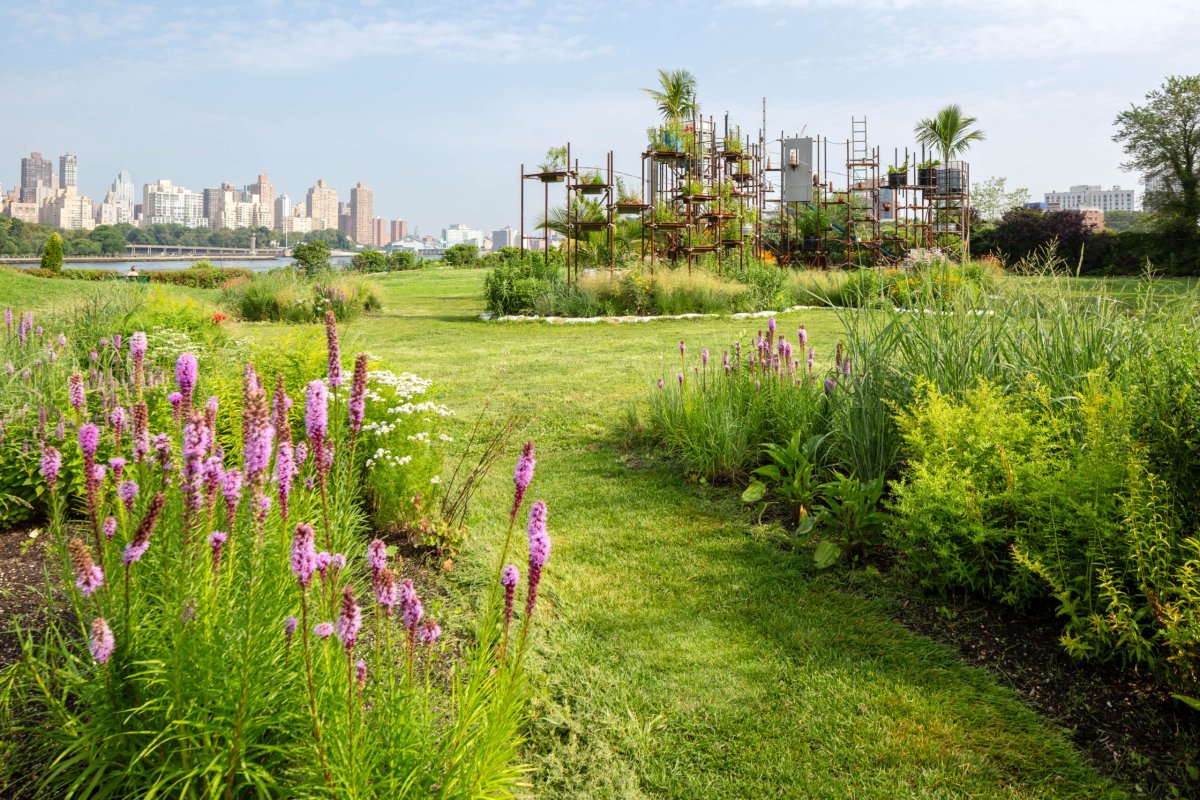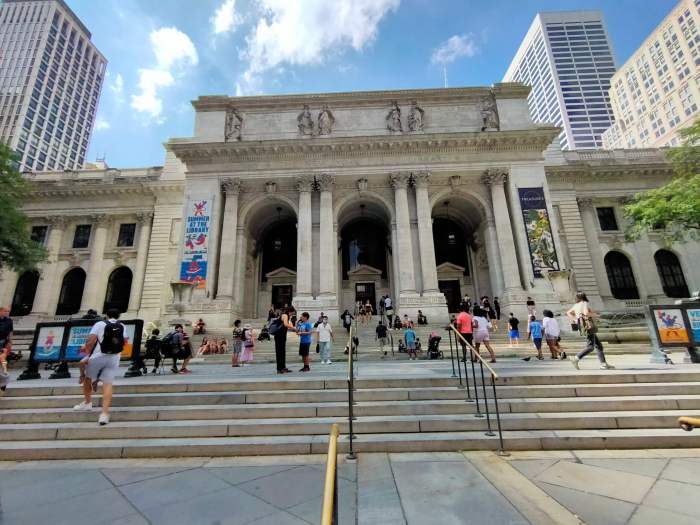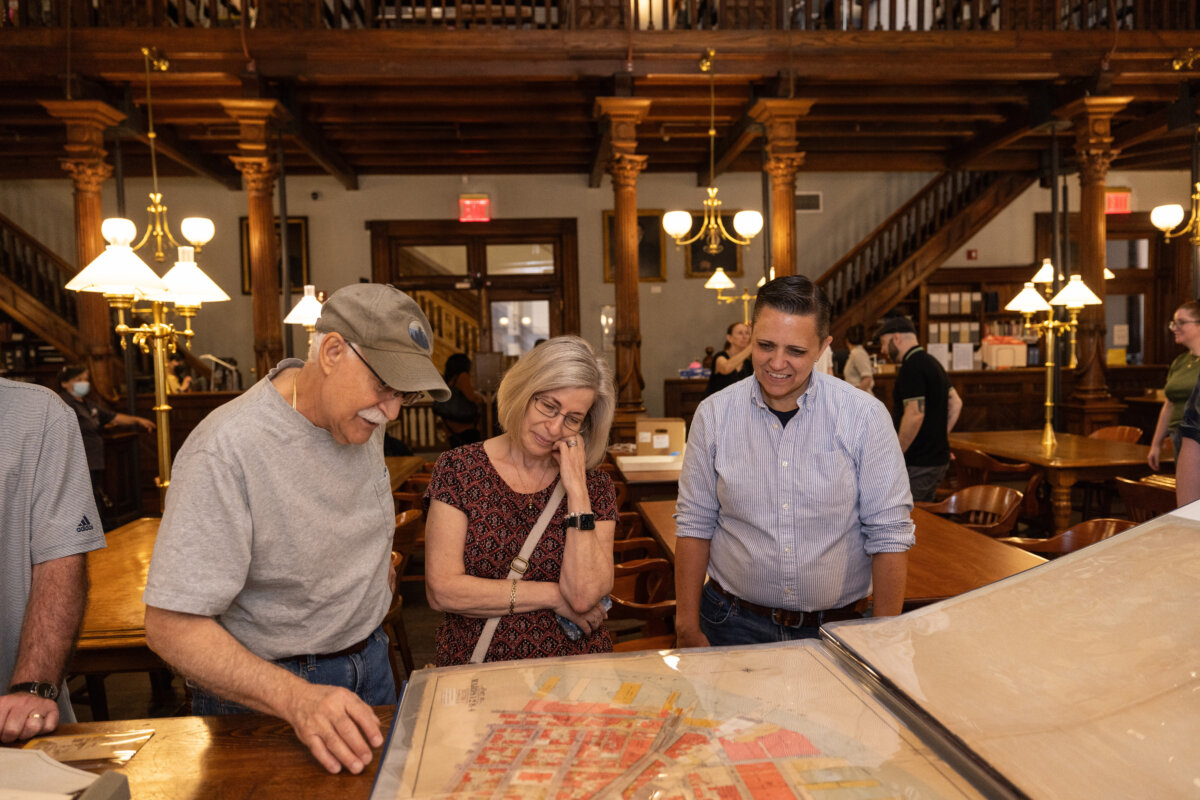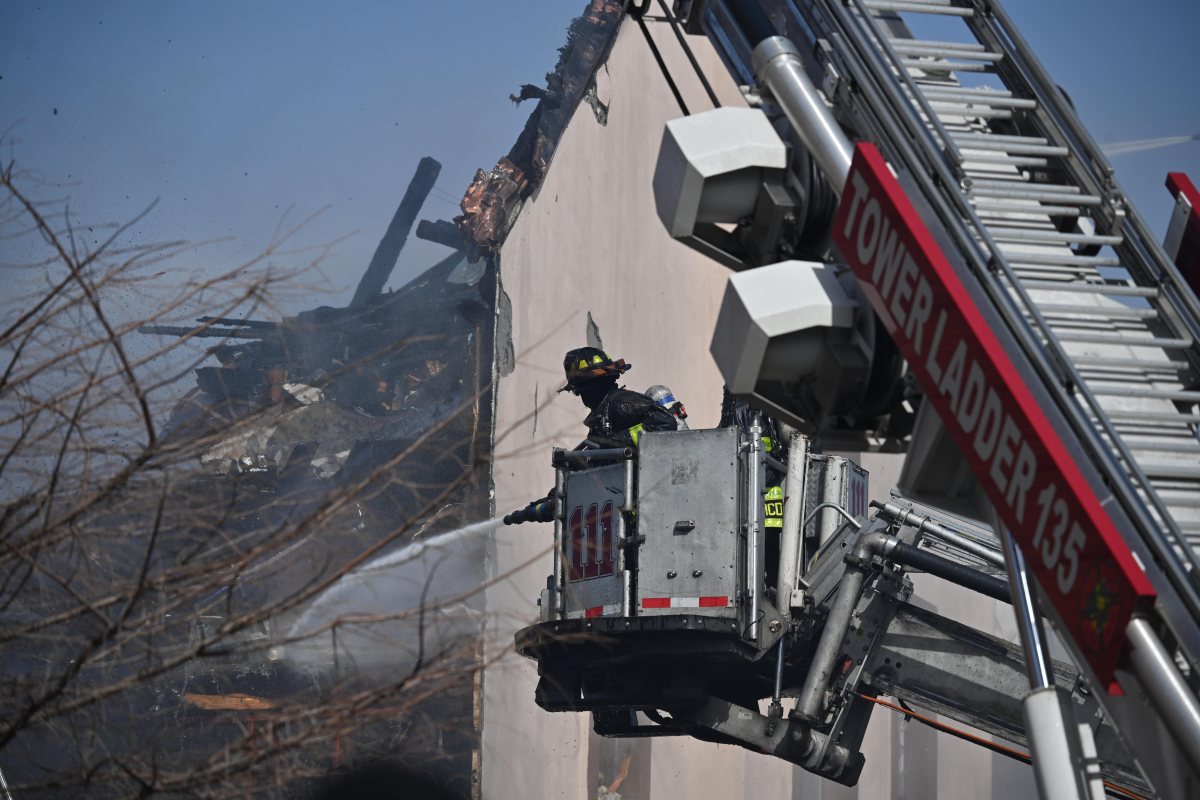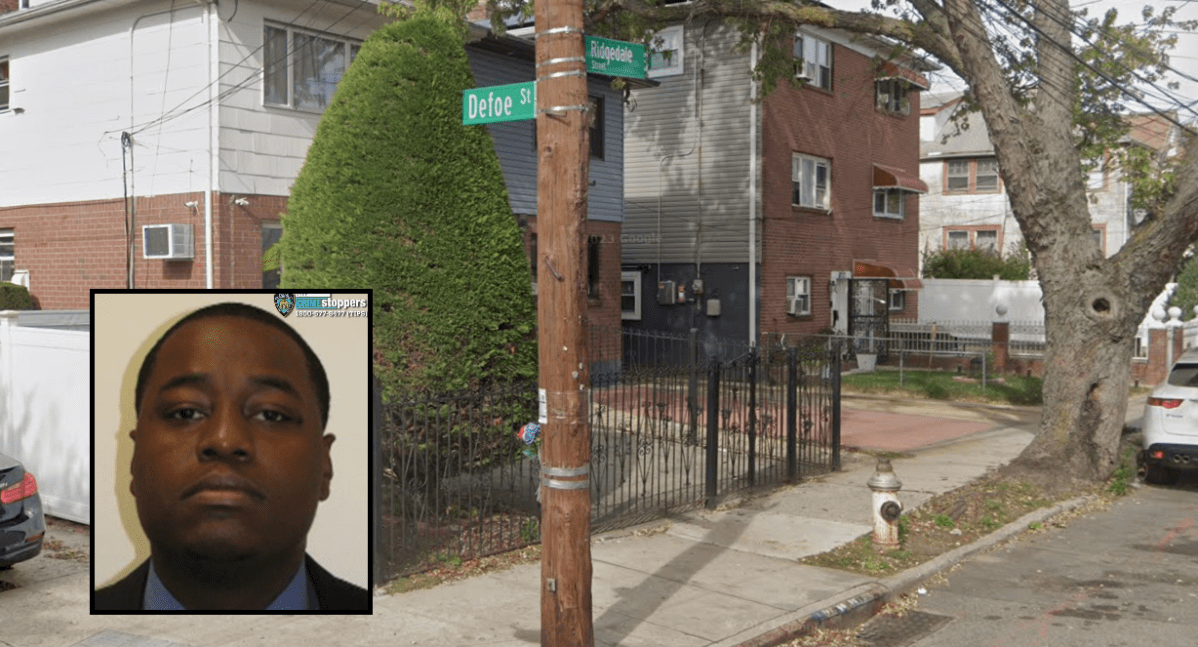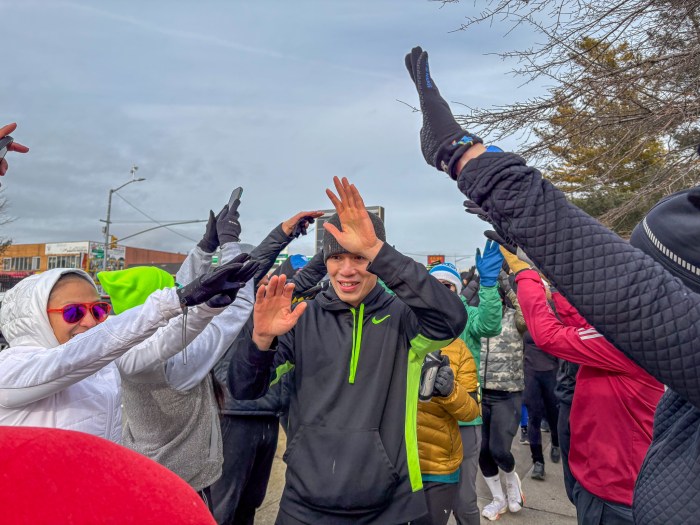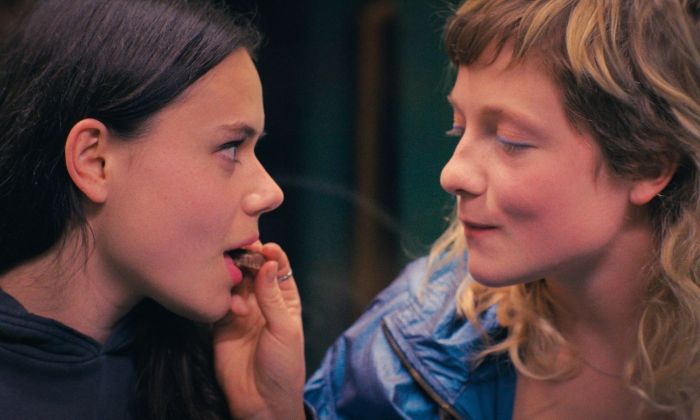The New York Public Library, which serves Manhattan, The Bronx, and Staten Island, along with the Queens Public Library released new library cards Friday in celebration of the 50th anniversary of hip-hop as a genre and cultural movement that originated in The Bronx. As part of a JAY-Z exhibition, the Brooklyn Public Library also released today 13 limited-edition cards featuring the Brooklyn-born rapper.
Hip-hop first appeared at a house party in the South Bronx on Aug. 11, 1973 when DJ Kool Herc “switched, repeated, and isolated tracks through record breaks, creating one of the first instances of the genre as people would come to know it,” according to the New York Public Library.
The NYPL library card features the “Wild Style” mural created by the artists Zephyr, Revolt, and Sharp in 1983 in Riverside Park. The inspiration for the mural stems from the original soundtrack of Charlie Ahearn’s 1983 film “Wild Style” set in the South Bronx. The film is considered the first-ever, hip-hop film with appearances from Grandmaster Flash, Fab 5 Freddy, the Cold Crush Brothers, and Lady Pink — all formative figures of hip-hop.
The original cassette of the film’s soundtrack is part of the NYPL’s hip-hop research collection at the Schomburg Center in Harlem. The back of the NYPL card depicts the original soundtrack cassette.
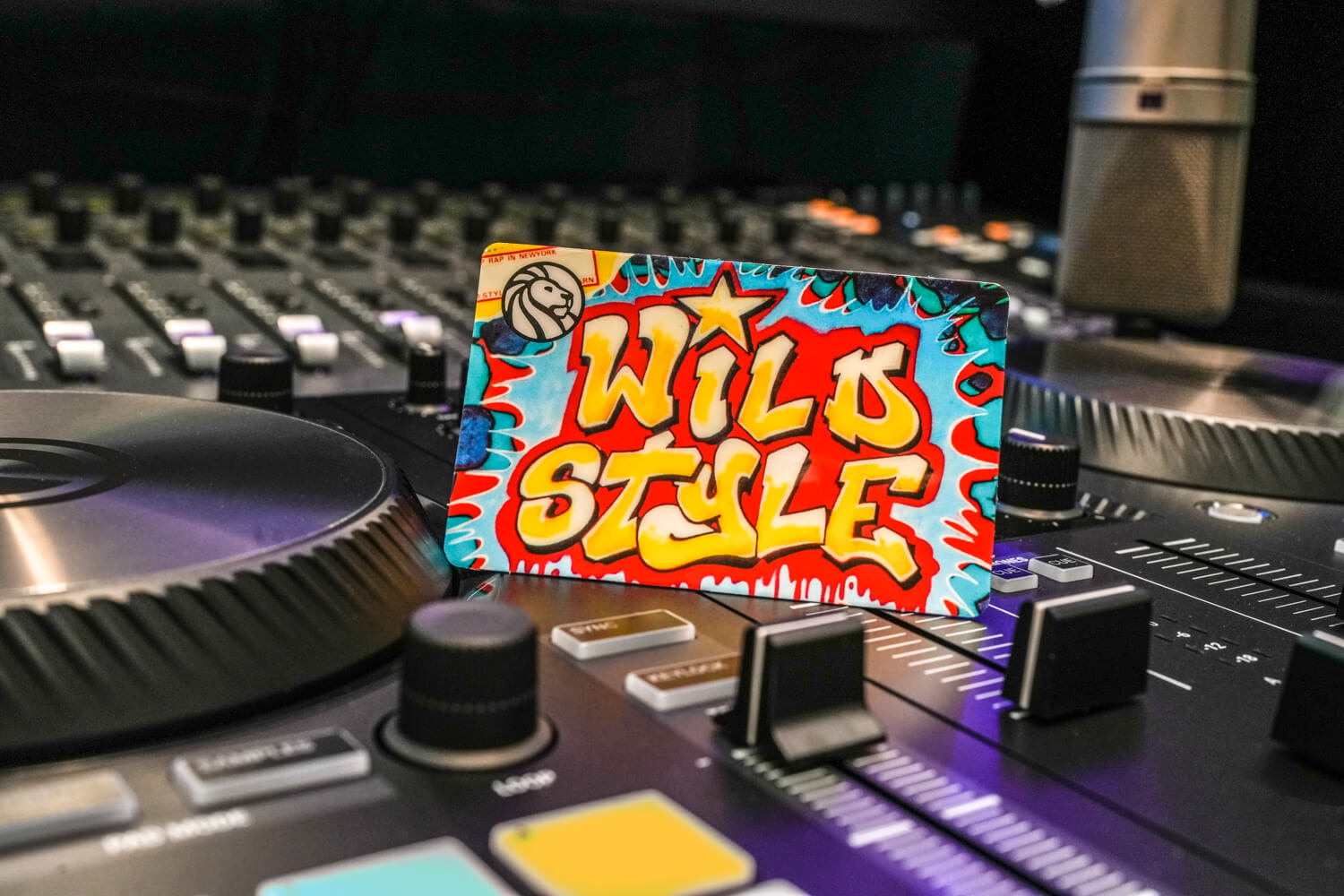
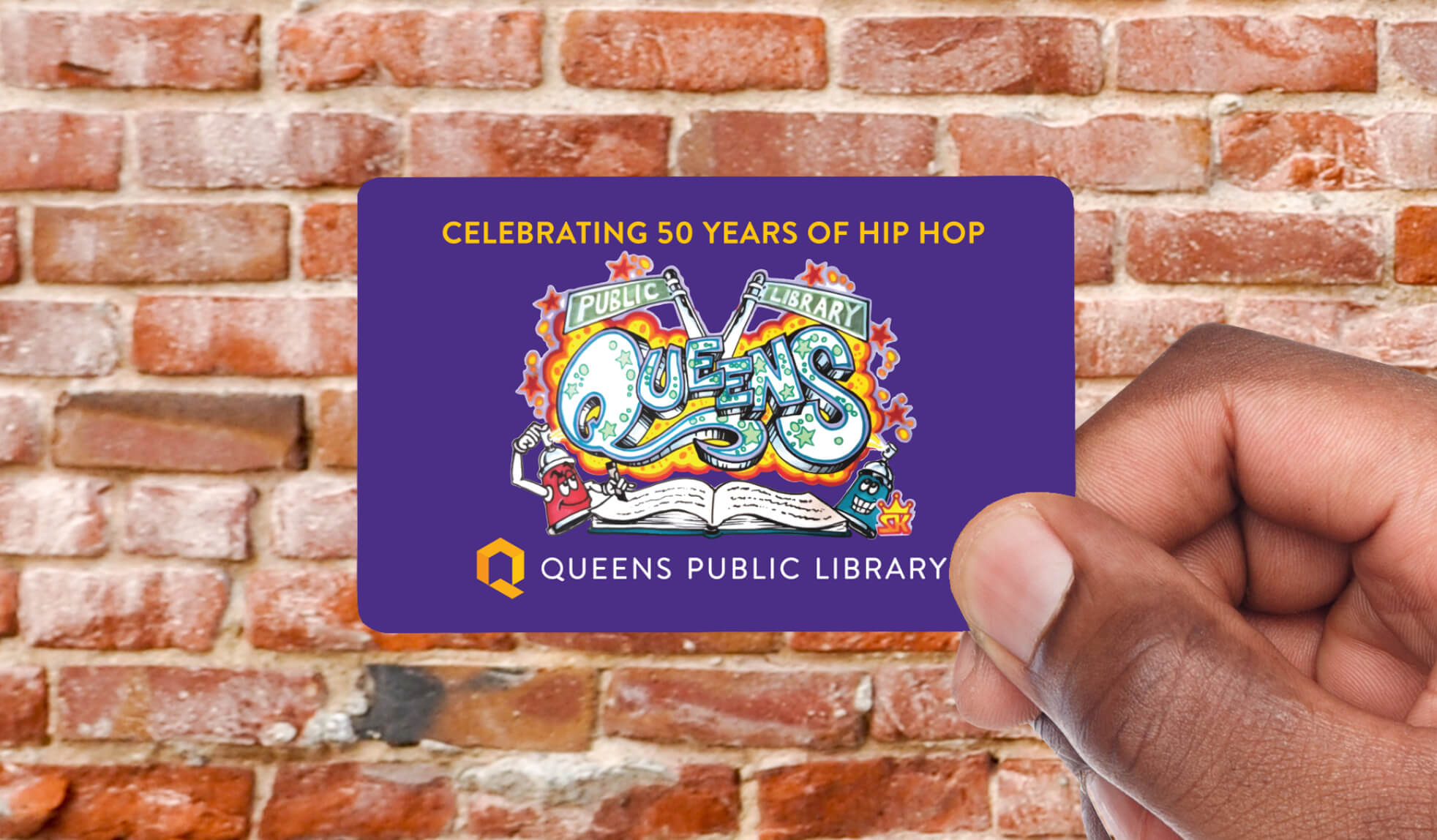
NYPL will host hip-hop immersive events at its main branch, the Stephen A. Schwarzman Building, in Manhattan on Aug. 5 “that will take you back in time to hip-hop’s early years” with panel discussions and hip-hop exhibits.
Present at the events will be VIBE Magazine Editor-in-Chief Datwon Thomas, “Wild Style” director Charlie Ahearn, Fab 5 Freddy, Mickey Factz, 5001 Flavors and April Walker, acclaimed author and journalist Vikki Tobak, and music by DJ Spinna.
The celebration will conclude with a hip-hop–themed edition of the NYPL’s annual Dance Party NYC, at Fifth Avenue plaza outside of the Stephen A. Schwarzman Building.
The Queens Public Library card shows airbrushed-style art from the Shirt Kings — pioneers of custom-made, graffiti streetwear — who produced graffiti-inspired clothing designs initially at the Colosseum Mall in Jamaica, Queens. The Shirt Kings designs have since influenced numerous album covers, music videos, and Hollywood — becoming the first to commercialize their graffiti.
Queens Public Library will host a two-day summit from Aug. 3-4 at LaGuardia Performing Arts Center in Long Island City, Queens, that further explores the history of hip-hop and its expansion into different sectors of society, including higher education, marketing, advertising, other genres of music, social justice, civil rights, and economics.
The summit will have interactive workshops inviting visitors to learn hands-on from artists who specialize in various elements of hip-hop, including DJs, break dancers, and graffiti artists. Hip-hop pioneers, performers, and scholars will lead panel discussions about the history of hip-hop and its cultural significance in many different sectors of society.
The summit is part of a six-month-long celebration of hip-hop programming and events that started in February.
The new NYPL and QPL library cards are now available, while supplies last, in branches in The Bronx, Manhattan, Queens, and Staten Island. The new library cards are limited to one per customer and library account. The cards will otherwise cost $50 to purchase for those from out of state.
Brooklyn Public Library released 13 limited-edition library cards today featuring album art from rapper and cultural icon JAY-Z, one of Brooklyn’s very own. For decades, Shawn “JAY-Z” Carter has “redefined and elevated music and culture on a global scale,” stated Brooklyn Public Library.
Entertainment agency Roc Nation and Brooklyn Public Library partnered to present the first exhibition dedicated to JAY-Z’s “The Book of HOV.” The immersive experience includes never-before-seen images and art from the JAY-Z’s archives. The exhibit also includes JAY-Z lyrics from several tracks that cover the facade of Brooklyn Public Library’s Central Branch.
Visitors can collect all 13 cards, available at different branches across Brooklyn, while supplies last.
